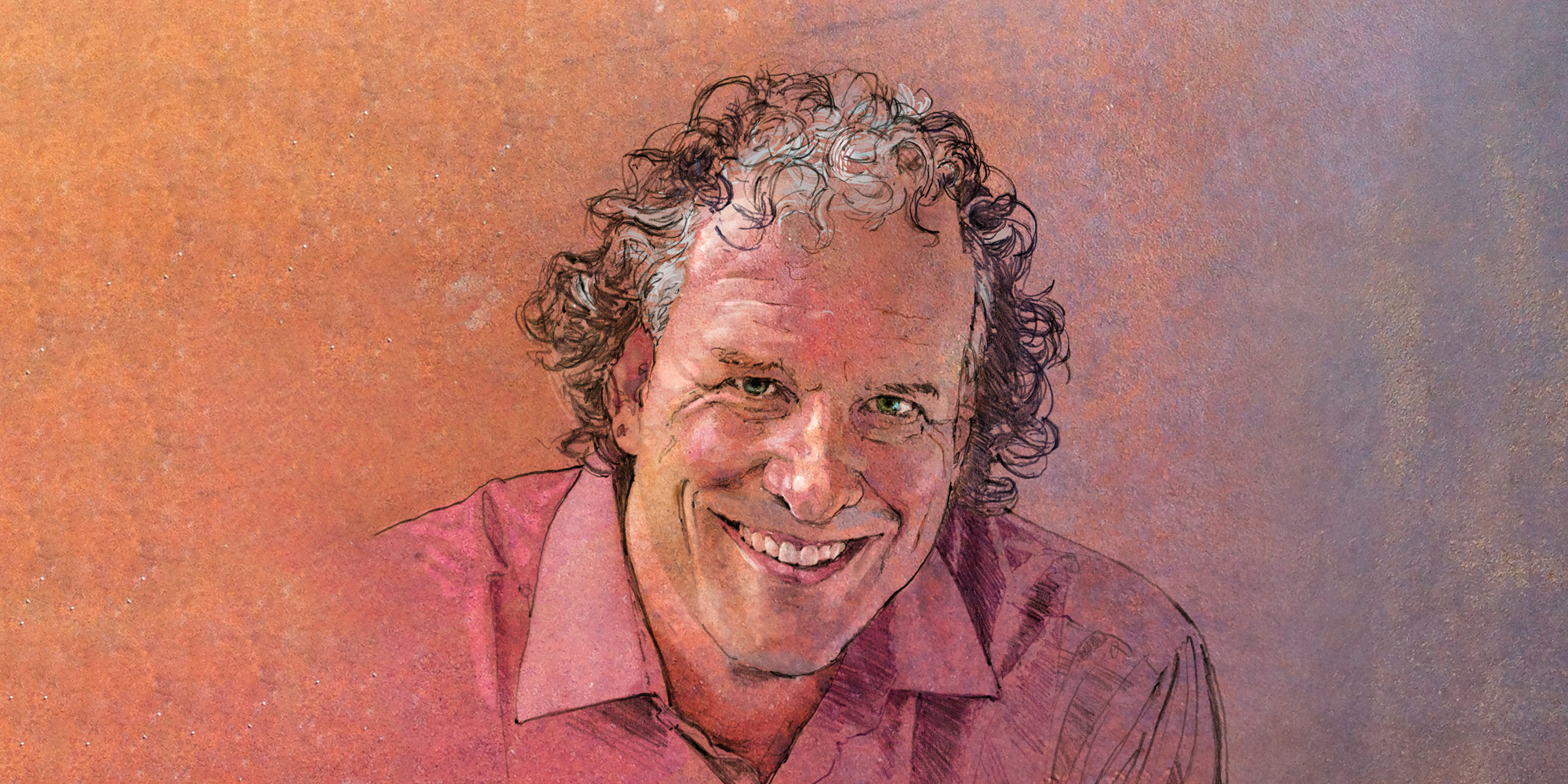
Questions for the Chicago Booth behavioral science professor and scholar of social cognition.
What surprising job have you had in the past?
I worked as a carpenter for two summers when I was in college. I’ve never learned so much in such a short time. I still use the skills I learned then to build and fix things today.
What would you want to be doing if not teaching?
Farming.
What do you hate that everyone else loves?
Social media, although I think the ranks of haters might be rising.
What do you love that everyone else hates?
Sauerkraut.
What was the last book you finished?
Kurt Vonnegut’s (AM’71) Slapstick, or, Lonesome No More! A good friend thought it’d be of interest given my research. He was right. It was interesting, and also rather odd.
What was the last book you recommended to a friend?
Jamil Zaki’s new book, Hope for Cynics: The Surprising Science of Human Goodness.
What was the last book you put down before you finished it?
Andrew Solomon’s amazing book Far from the Tree: Parents, Children, and the Search for Identity. I have a habit of picking this book up from time to time and reading just a single chapter from it, which you can do given how it’s organized. It’s too long to pick up and read from start to finish, but each chapter is substantial enough to be a book on its own.
What book—or other work or idea—do you relish teaching?
An idea that comes straight from our research: that deep conversations are surprisingly positive. Every year during orientation, I demonstrate this in an experiment with our MBA students at Booth. The experience students have, going from doubt about how it’s going to go to delight about how it went, is so uplifting to watch.
What book changed your life?
How We Know What Isn’t So: The Fallibility of Human Reason in Everyday Life by Tom Gilovich. My undergraduate adviser at St. Olaf College, Chuck Huff, handed it to me one day and said, “I think you might be interested in this.” “Interested” was a dramatic understatement: I found it so utterly fascinating that I decided that doing the kind of research described in this book was what I wanted to do for a living. I was then extremely lucky that I ended up having Tom Gilovich as my PhD adviser at Cornell University. Tom was just as inspiring an adviser as he was an author.
What person, alive or dead, would you want to write your life story?
Mark Twain. Thoughtful, clever, funny—and who wouldn’t buy a new book by a resurrected Mark Twain?
What’s your least useful talent?
I can identify a rather surprisingly large number of tree species.
Tell us the best piece of advice you’ve received—or the worst.
One of my mentors when I was younger was Dan Wegner, a wonderful social psychologist and a wise human being. He told me that academia provides endless opportunities to do so many different things, and that you should try every opportunity you get at least once. So my mantra at work is Try everything once. That has led to a more interesting and varied career than I ever would have imagined was possible.
What advice would you give to a brand-new Maroon?
Aside from things that are dangerous, harmful, or illegal, I’d suggest following Wegner’s advice: Try everything once. Just like the professors, you get so many opportunities to do interesting things and learn from such interesting people. Try everything once. You never have to do something a second time, and you never learn from avoidance.
Who was your best teacher, and why?
Mr. Craig Aune, my high school band teacher at Prairie High School in Cedar Rapids, Iowa. Mr. Aune was the most enthusiastic teacher I had ever seen, and his enthusiasm was absolutely infectious. He treated his unruly high school band students, like me, with both respect and grace. We worked our tails off for him. He’s the model I try to emulate every time I get up in front of a class.
What UChicago classroom moment will you never forget, in three sentences or fewer?
In 2006, in the very first MBA course that I ever taught at UChicago, one of the most memorable students I ever had—Richard Jenkins, MBA’07, who sadly passed away recently—came up to me after our first class and earnestly told me, “You have to assign us more work.” I already thought I was assigning more work than the students could handle, but I hadn’t yet seen the UChicago work ethic. I immediately knew that this was the place for me.
